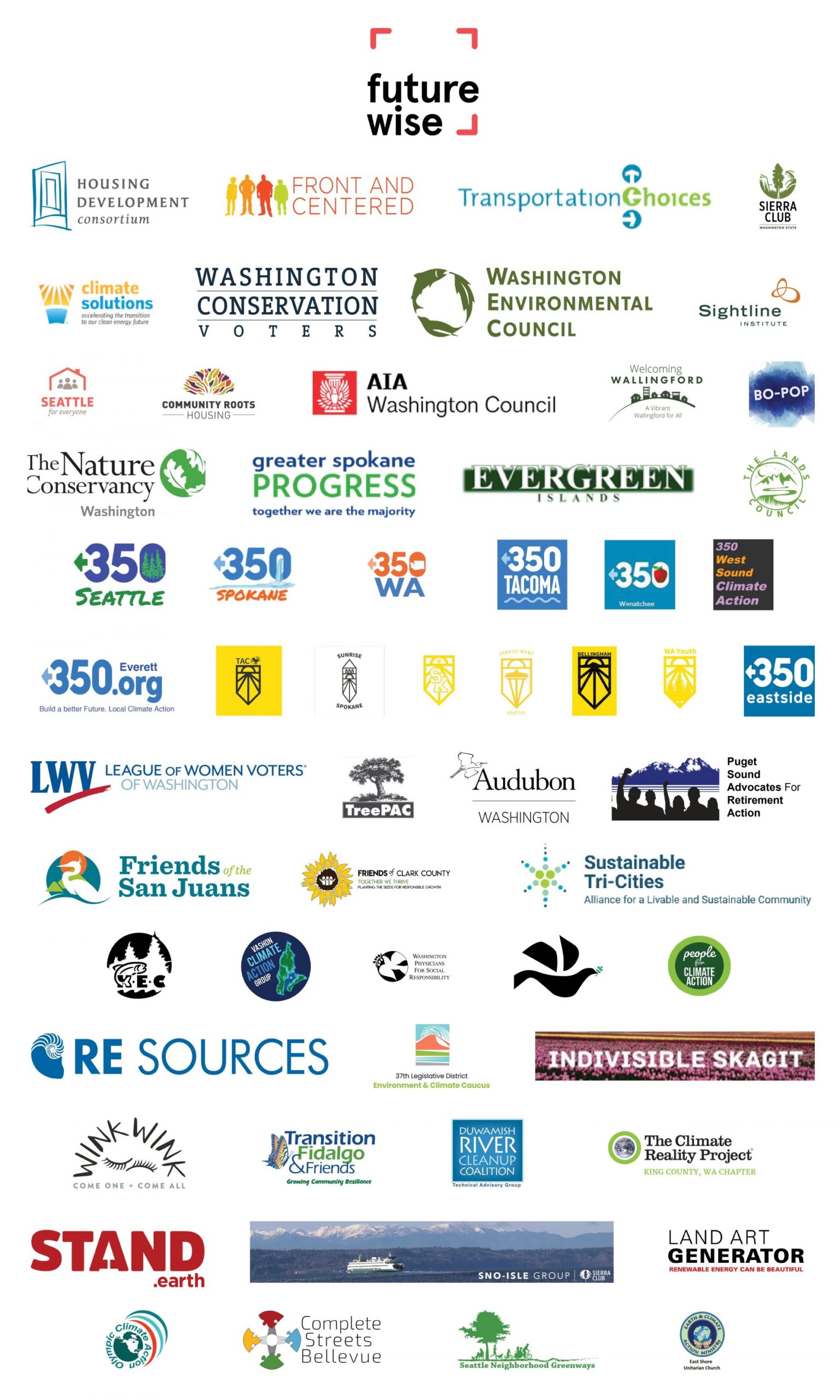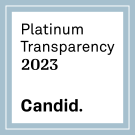Washington Can’t Wait (on Climate and Housing Goals!)
Futurewise works throughout Washington state to encourage healthy, equitable, and opportunity-rich communities. They work to protect our most valuable farmlands, forests, and water resources through wise land use policies and practices, using the tools made available through Washington’s Growth Management Act (GMA).
Climate change, housing affordability, and issues of environmental justice are having profound impacts on our environment and communities. Futurewise and HDC recognize these three issues are inherently intertwined, and that by making urban areas affordable and accessible to all through bold affordable housing policy, preventing disproportionate impacts of local pollution on communities of color, and ensuring that cities and counties are planning for climate change.
Futurewise’s new campaign is an opportunity to transform the lives of Washingtonians and the natural environment around us.
Washington Can’t Wait
Futurewise and HDC have been close partners advocating for dense, affordable, and ecofriendly communities. HDC is proud to partner with Futurewise as it builds a grassroots campaign, Washington Can’t Wait (WCW). Working collaboratively with frontline communities, community members, and organizational partners, WCW calls on Washington’s Legislature to pass major changes to the state’s Growth Management Act to include climate change, housing affordability, and environmental justice.
The Growth Management Act is a series of state statutes that requires fast-growing cities and counties to develop a comprehensive plan to manage their population growth. As it stands, Washington’s Growth Management Act (GMA) doesn’t require city/county comprehensive plans to adequately plan for affordable housing needs or address climate change. The GMA also fails to address issues of social and racial equality in land-use development. Advocates have a brief window to make big changes to the GMA before Washington’s cities and counties embark on their next comprehensive plan updates, which will lock in policy for the next decade.
WCW campaign is an important first step. We simply cannot wait to address some of the biggest crises facing our state today. The way that our state handles land-use planning and development draws profound connections between climate change, housing affordability, and environmental justice.
You don’t need to look too deeply at our state’s housing policy to see the ways in which it has been discriminatory and biased based on race and class. We see this unfolding in our towns and cities as only certain segments of our population are able to afford to live in clean, walkable neighborhoods with easy access to work, school, play, capital facilities and other amenities. Meanwhile, other folks in our communities are pushed into areas where they experience significant health disparities, are overburdened by pollution, face high risks of displacement, have low mobility options and are at an increased risk for being impacted by increasing climate change related hazards.
We don’t need to think far past this summer to see the disparate impacts that wildfire smoke had on our communities, impacting those who are houseless, who live in housing with poor ventilation, and who needed to travel long distances for work most profoundly. These disparate impacts of climate change and environmental hazards will only become more insidious as the climate crisis worsens and housing prices continue to increase across the state.
As a body of legislation that touches everything from land use to housing prices, capital facilities, utilities, critical habitat preservation, transportation and urban sprawl, the GMA can serve as an important tool to leverage to ensure that our cities and counties are planning for just, equitable, affordable and resilient futures. Re-writing the Growth Management Act to address issues of climate change, housing affordability, and the disparate impacts these crises have on our communities will not solve these issues in their entirety, but it is a necessary part of the equation if we want to seriously address these issues anytime in the next decade.
Get Involved!
Futurewise will need a lot of support from our communities if we want to get these important GMA updates passed this year. If you are interested in being involved, please consider donating, signing our petition, or volunteering with the WCW campaign. To stay up to date on the campaign, legislation, and calls to action as we move through session, you can sign up to receive email updates from Washington Can’t Wait.
One of the most important things you can do to ensure the success of this legislation in 2021 is to contact your legislators to let them know why these GMA updates are important to you, and that you hope they will make them a priority. You can and should take action to contact your legislators via phone, email or social media by using Futurewise’s Legislator Contact Guide.
If you are interested in scheduling a virtual lobbying meeting with your legislators to advocate for these GMA updates, check out Futurewise’s Virtual Lobbying Training and Virtual Lobbying Guide! And reach out to [email protected] if you want to be connected with other volunteer lobbyists in your district.
Are you a member of an organization that may be interested in working with Futurewise on the Washington Can’t Wait Campaign? Check out the WCW organizational sign-on letter and reach out to [email protected] if you want to add your organization’s name.



